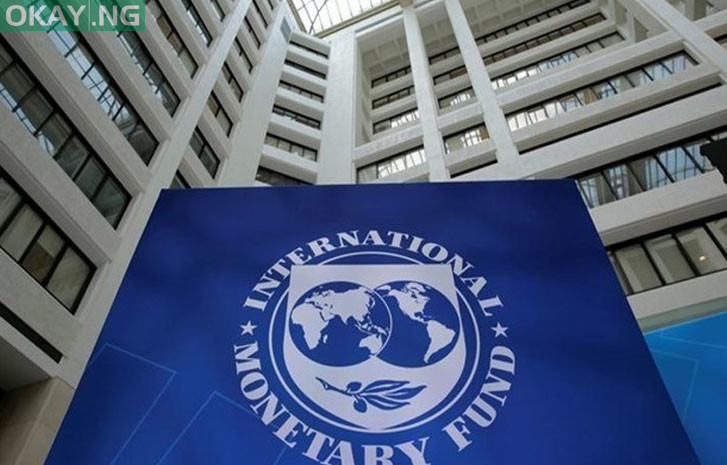In a recent visit to the University of Benin Teaching Hospital (UBTH), Minister of State for Health, Dr. Iziaq Salako, expressed optimism that the prevalent “japa syndrome,” referring to the mass emigration of healthcare professionals from Nigeria, will soon subside.
He attributed this anticipated change to the current administration’s strategic reforms aimed at bolstering the nation’s health sector.
Dr. Salako highlighted that, within Nigeria’s economic context, health workers are among the best-compensated professionals.
However, he emphasized that salary enhancements alone are insufficient to address the challenges within the sector. “Beyond salary increases, we must cultivate a stronger sense of commitment and passion for the profession,” he stated.
He further noted that while increasing doctors’ pay is essential, it could prompt other professionals, such as teachers, to demand similar adjustments.
The minister also called upon healthcare workers to embrace patriotism and consider the long-term benefits of remaining in Nigeria. “East or West, home is best. No matter where you go outside your country, you remain a second-class citizen,” he remarked.
Addressing infrastructural challenges, Dr. Salako acknowledged the significant power supply issues faced by many tertiary hospitals. He commended UBTH for its innovative approaches to managing these challenges and pledged increased government funding for public hospitals, emphasizing that healthcare remains a national priority. “Health is the essence of living, and adequate funding is key to addressing the sector’s challenges,” he affirmed.
Regarding the “japa syndrome,” Dr. Salako described it as an economic issue that necessitates a comprehensive approach beyond the healthcare sector. He expressed confidence that with the policies currently in place, particularly those focused on capacity building, the trend of emigration among healthcare professionals would soon reverse.
UBTH’s Chief Medical Director, Prof. Darlington Obaseki, shed light on the severe shortage of healthcare workers at the hospital due to the “japa syndrome.” He revealed that despite catering to over 500 patients, the hospital operates with only 750 nurses working across three shifts, 250 consultants, and fewer than 300 resident doctors. Prof. Obaseki urged the government to urgently address this staffing shortage to ensure the continued delivery of quality healthcare services.
The mass migration of healthcare professionals from Nigeria has been a growing concern, with many citing inadequate remuneration, challenging working conditions, and limited opportunities for career advancement as primary motivators for seeking opportunities abroad.
This exodus has led to a strained healthcare system, with remaining professionals often overburdened, resulting in longer patient wait times and diminished quality of care.
In response to this crisis, the Nigerian government has implemented the National Policy on Health Workforce Migration.
This policy aims to enhance working conditions, offer competitive compensation, and provide avenues for professional development to retain healthcare personnel.
Additionally, it seeks to regulate the migration of health professionals through bilateral agreements with destination countries, ensuring ethical recruitment practices and potential benefits such as skill and knowledge transfer back to Nigeria.
As the government intensifies its efforts to revitalize the health sector, there is cautious optimism that the “japa syndrome” will diminish, leading to a more robust and self-sufficient healthcare system in Nigeria.












